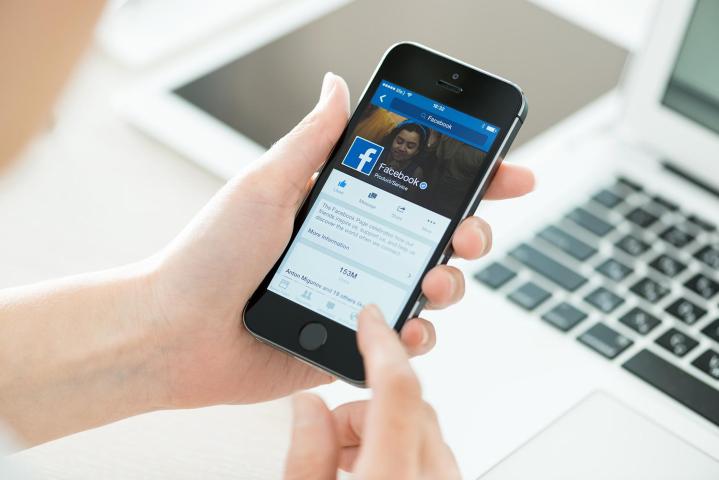
“But isn’t facial recognition an integral part to how Moments works,” I hear you ask? Yes. Yes it is. Moments is designed to make photo sharing with friends and family easy by scanning photos for individuals — for example, if you go to a birthday party you could easily pick out all the photos of the honoree and share them with friends and family.
There’s a reason Facebook launched Moments in Europe and Canada without facial recognition. The company had to modify the app to conform with local privacy laws. The result is a fairly dumbed-down version of the app, which will ask users to identify faces manually, after which the app will attempt to find photos that “appear to include the same face,” basing what it finds on broad similarities, rather than the precise facial recognition tech it employs in the U.S. version.
In fact, if legal battles fail to go Facebook’s way, the company could end up having to remove facial recognition from its U.S. Moments app too. A privacy lawsuit against
It’s likely facial recognition will continue to appear in the courts — while it seriously adds to the convenience of some services, it’s a clear target for privacy advocates. In the meantime, U.S. users can continue to take advantage of the feature on Moments, but if you’re in Europe or Canada, you might be out of luck. Or in luck, depending on how privacy-concerned you are.
Editors' Recommendations
- Are WhatsApp and Facebook down? Here’s what you need to know
- Are Facebook and Instagram still down? Here’s what we know
- Instagram’s newest feature will let you know when it does go down
- Here’s why you should buy certified renewed or refurbished smartphones
- Targeted Facebook ads are about to lose a big audience: iPhone owners


